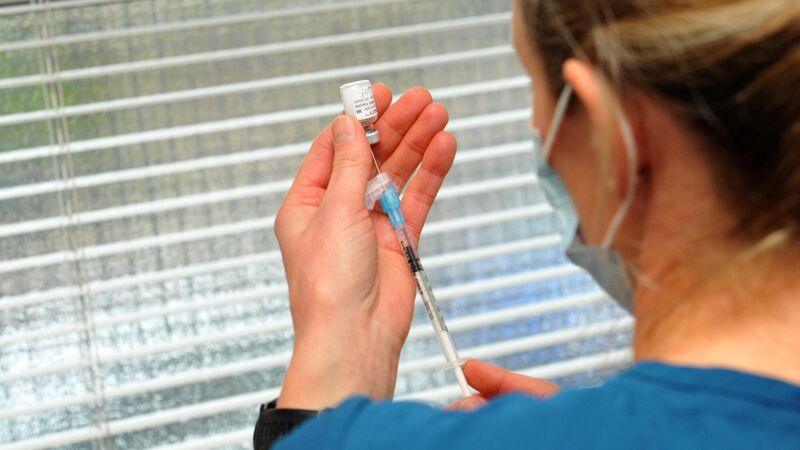Vaccine hesitancy among young women 'swayed by influencers'

Researchers at NUI Galway and England’s University of Huddersfield, England found young women are most likely to be swayed by “peer influences”, such as social media, while they are likely to have a “lower sense of civic responsibility”.
There is a high level of uncertainty around Covid vaccines and young women are least likely to take them, according to a vaccine hesitancy study.
The reluctance among young women may be to do with “issues around fertility”, say researchers at NUI Galway and England’s University of Huddersfield, England.










